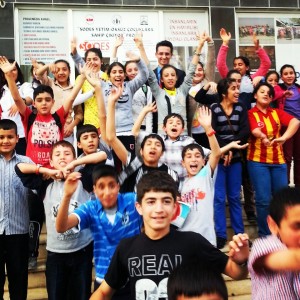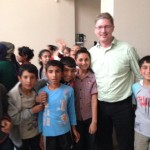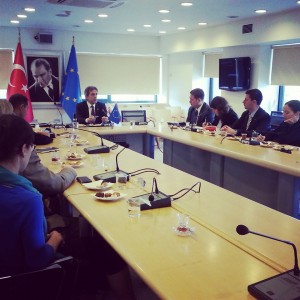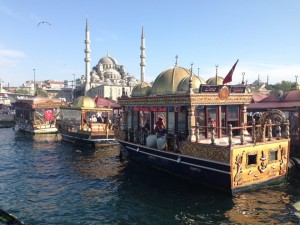Walter Wagner attempts to present a framework of understanding that outlines the philosophy and theology of Fethullah Gulen, a worldwide known scholar of Islam who inspired a global movement of education and interfaith dialogue. This book shows how Gülen's vision for the present and future makes the present and future forms of Hizmet an essential part of his wider and urgent call for the formation of a community of religiously committed and non-religiously committed persons to work toward a just, equitable and prosperous world now.
Dr. Walter H. Wagner is adjunct faculty at Moravian Theological Seminary (Bethlehem, PA) and the Lutheran Theological Seminary, Philadelphia. He is an ordained Lutheran pastor (ELCA), retired from parish ministry. He has taught at California, Lutheran College, Upsala College and Muhlenberg College, and served as the director for theological education of the Lutheran Church in America. He is the author of a number of articles on early church history and Islam as well as Opening the Qur'an.
More Info: http://www.amazon.com/Beginnings-Endings-Fethullah-Gulens-Vision/dp/1935295268







